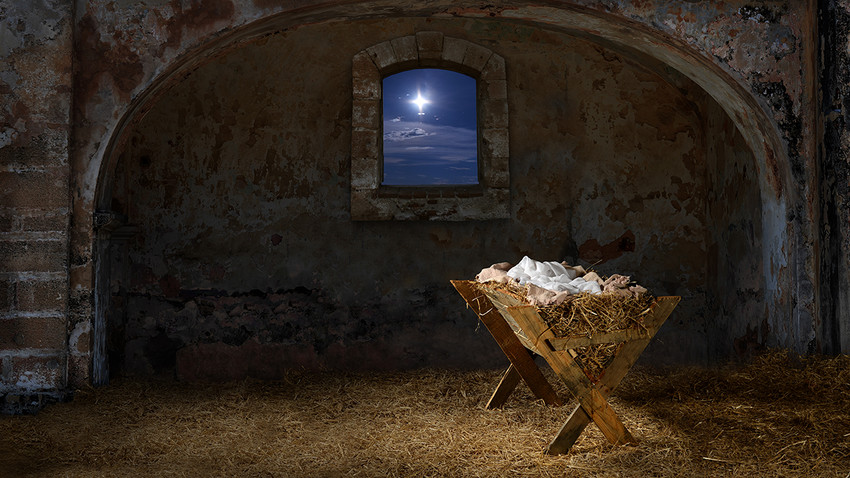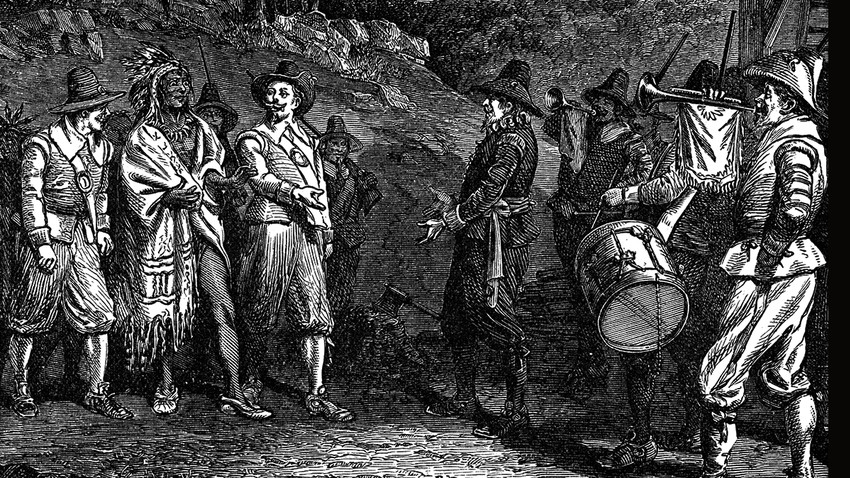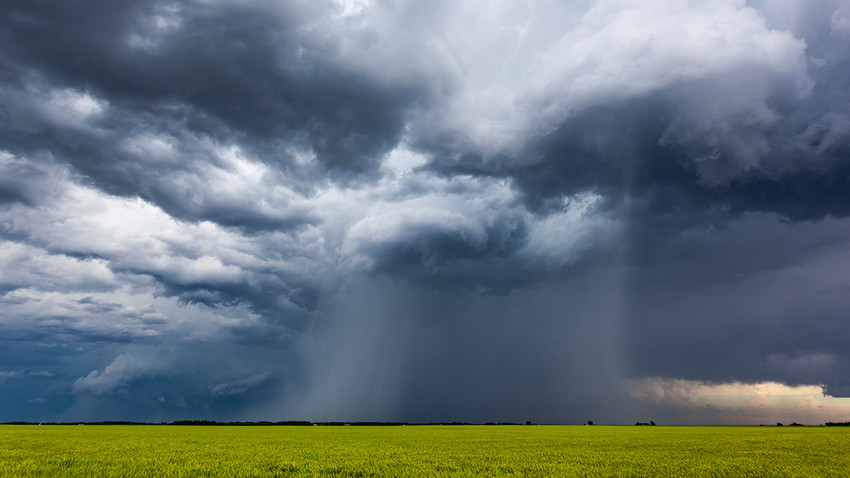I suppose you already know the much-ballyhooed statistics for New Year’s resolutions—60% of us make them, and only about 8% of us achieve them. Peter Economy (his real name), who writes for Inc. magazine and website, touts these familiar numbers. But surprise—he then (very much in advance) declares what will be the top ten resolutions made for 2020. How does he know?
“Polly” told him so: “Polly is artificial intelligence patented by market research firm Advanced Symbolics Inc. that uses publicly available online information to create representative samples of any population or target audience. Polly looked at what 274,779 Americans said their New Year's Resolutions were for the past four years to project what the 10 top New Year's resolutions would be for 2020” (www.inc.com/peter-economy/10-top-new-years-resolutions-for-success-happiness-in-2020.html).
Want to know what Polly says? Here are “her”/our top ten resolutions for the New Year just ahead:
1. Actually doing my New Year's resolution
2. Trying something new
3. Eat more of my favorite foods
4. Lose weight/diet
5. Go to the gym
6. Be happier/better mental health
7. Be more healthy
8. Be a better person
9. Upgrade my technology
10. Staying motivated
Who’s going to argue with these ten determinations to live a healthier, happier life in 2020? Those of us who make resolutions probably find at least one of them in this Top Ten list.
But there’s a missing resolution that hands down will one day be shown to be the most vital resolution any human being could possibly have made. Jesus minces no words: “‘But seek first [God’s] kingdom and his righteousness, and all these things will be given to you as well’” (Matthew 6:33).
Talking about a one-resolution-fits-all proposition: “Make Me first—and I will take care of every dimension of your life and living.” Thoughts from the Mount of Blessing reflects: “Jesus does not release us from the necessity of effort, but He teaches that we are to make Him first and last and best in everything. We are to engage in no business, follow no pursuit, seek no pleasure, that would hinder the outworking of His righteousness [right-doing] in our character and life” (99 emphases supplied). Not because God is a bit grumpy on New Year’s Eve—but because we were created to thrive and flourish on the high octane of a Jesus-first kind of life.
“First and last and best in everything”—that’s the Jesus who eagerly waits to turn this New Year into the best year we’ve ever had. But who’s surprised? After all with Jesus—the best is yet to come.
Always.









